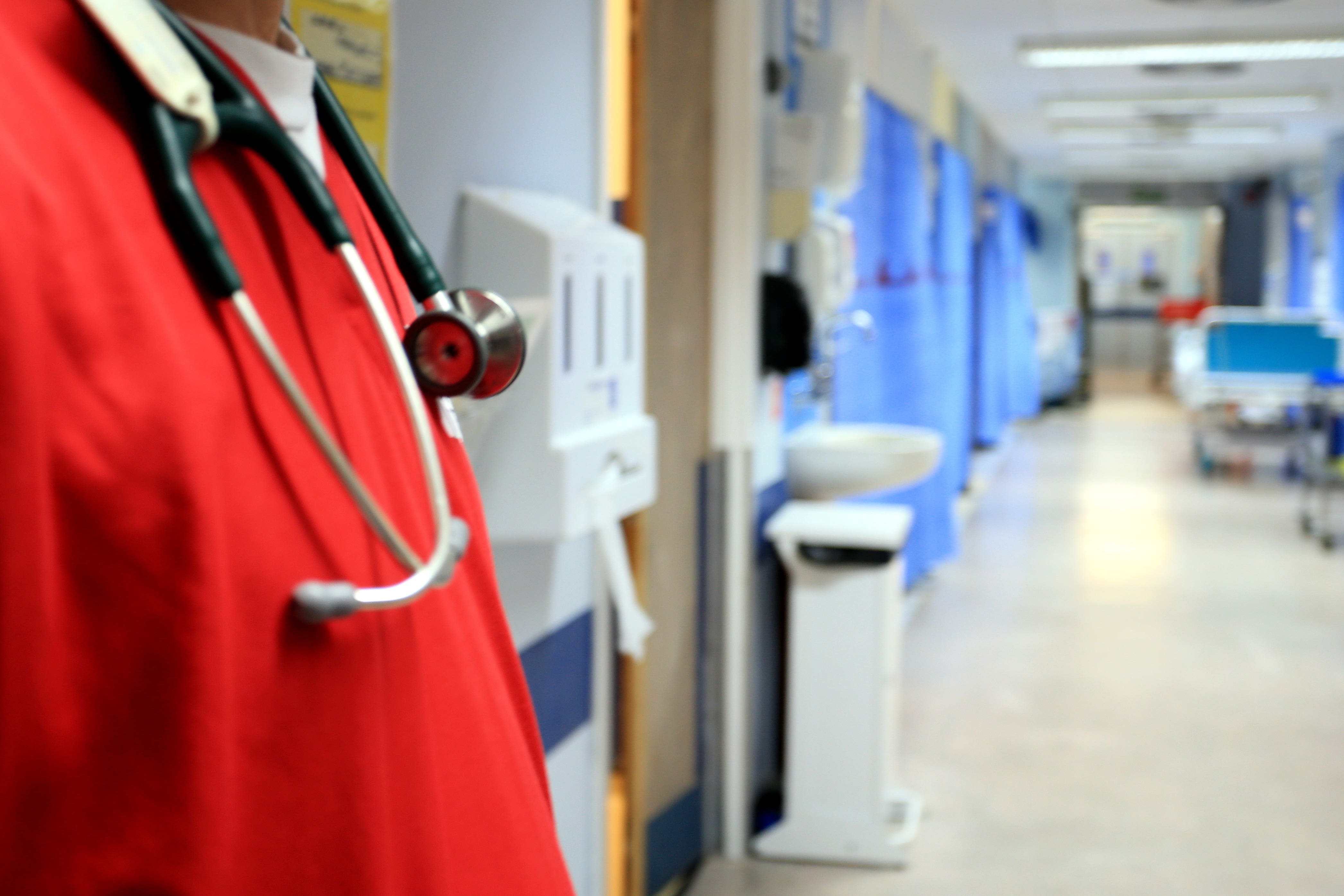Sickle cell gene therapy not approved for widespread NHS use in draft guidance
The National Institute for Health and Care Excellence said it needed more information before a decision could be made.

A world-first gene therapy for severe sickle cell disease has not been approved for widespread NHS use in new draft guidance.
The National Institute for Health and Care Excellence (Nice) said it needed “further data on its effectiveness, as well as a commercial arrangement” before approving the potentially curative treatment for NHS use.
The treatment, known as Casgevy, is the first to be licensed using gene-editing tool Crispr, which earned its inventors the Nobel Prize for chemistry in 2020.
It works by editing the faulty gene in a patient’s bone marrow stem cells so the body produces functioning haemoglobin.
Nice and Vertex are ready to work together to... explore how the uncertainty in the evidence could be addressed through an updated managed access proposal
Nice’s draft guidance does not recommend exagamglogene autotemcel (exa-cel) – also known as Casgevy, made by Vertex – for treating patients aged 12 and over with a certain type of severe sickle cell disease.
The only curative treatment currently available for people with sickle cell in the UK is a donor stem cell transplant.
Casgevy is an option for patients when a stem cell transplant is suitable but no donor can be found.
A Nice committee said exa-cel could provide a cure to a wider population with severe severe sickle cell disease, given the small numbers that can have a stem cell transplant.
But the committee said that before making a final decision it needed more trail data and information on how it improves quality of life for patients.
It has invited Vertex to “address some additional clinical uncertainties in an updated managed access proposal”.
The Medicines and Healthcare products Regulatory Agency (MHRA) approved the treatment in November for patients aged 12 and over after a “rigorous assessment of its safety, quality and effectiveness”.
Helen Knight, director of medicines evaluation at Nice, said: “The appraisal committee considered that exa-cel could represent a potential cure for some people with sickle cell disease, freeing people from the burden of VOCs (vaso-occlusive crises) as well as addressing Nice’s aim of reducing health inequalities associated with the condition.
“As such, and acknowledging the limitations with the evidence, Nice is willing to accept higher than the usual maximum for assessing cost-effectiveness.
“Nice and Vertex are ready to work together to address the issues highlighted in this draft guidance and in particular explore how the uncertainty in the evidence could be addressed through an updated managed access proposal.
“This would allow people to have treatment with exa-cel while more evidence is collected.”
Stem cell charity Anthony Nolan and the Sickle Cell Society called on Nice to reverse the decision.
Caitlin Farrow, director of strategy and influencing at Anthony Nolan, said: “We are deeply disappointed with this decision.
“Sickle cell is one of the most common genetic conditions affecting people in England from predominantly African and African-Caribbean backgrounds, and this community has been waiting years for a new, effective treatment.
“There is a longstanding history of the experiences of people with sickle cell not being taken seriously. It’s not fair that the community is being asked yet again to explain the severely negative impact this disease has on their lives.
“We urge Nice and Vertex to find a solution to deliver this much-needed treatment to patients as soon as possible.”
Sickle cell patient Funmi Dasaolu, 31, from Oxfordshire, said: “Sickle cell disease has a profound impact on all aspects of my life. I can’t remember a day when I haven’t experienced pain.
“I’ve tried multiple treatments to manage my symptoms but nothing has worked long term. Having access to gene therapy would be life-changing for me and many others, so I am beyond frustrated.”
Sickle cell disease is particularly common in people with an African or Caribbean family background.
Symptoms can include very severe pain, serious and life-threatening infections and anaemia.
There are around 17,500 people with sickle cell in the UK.
Vertex said in a statement: “Vertex will be responding to the Nice consultation and will participate in a second committee meeting to ensure the full severity and patient experience of the disease and, therefore, the value that Casgevy brings to patients, is understood.
“We hope that we can then progress towards commercial discussions with NHS England.”
Bookmark popover
Removed from bookmarks